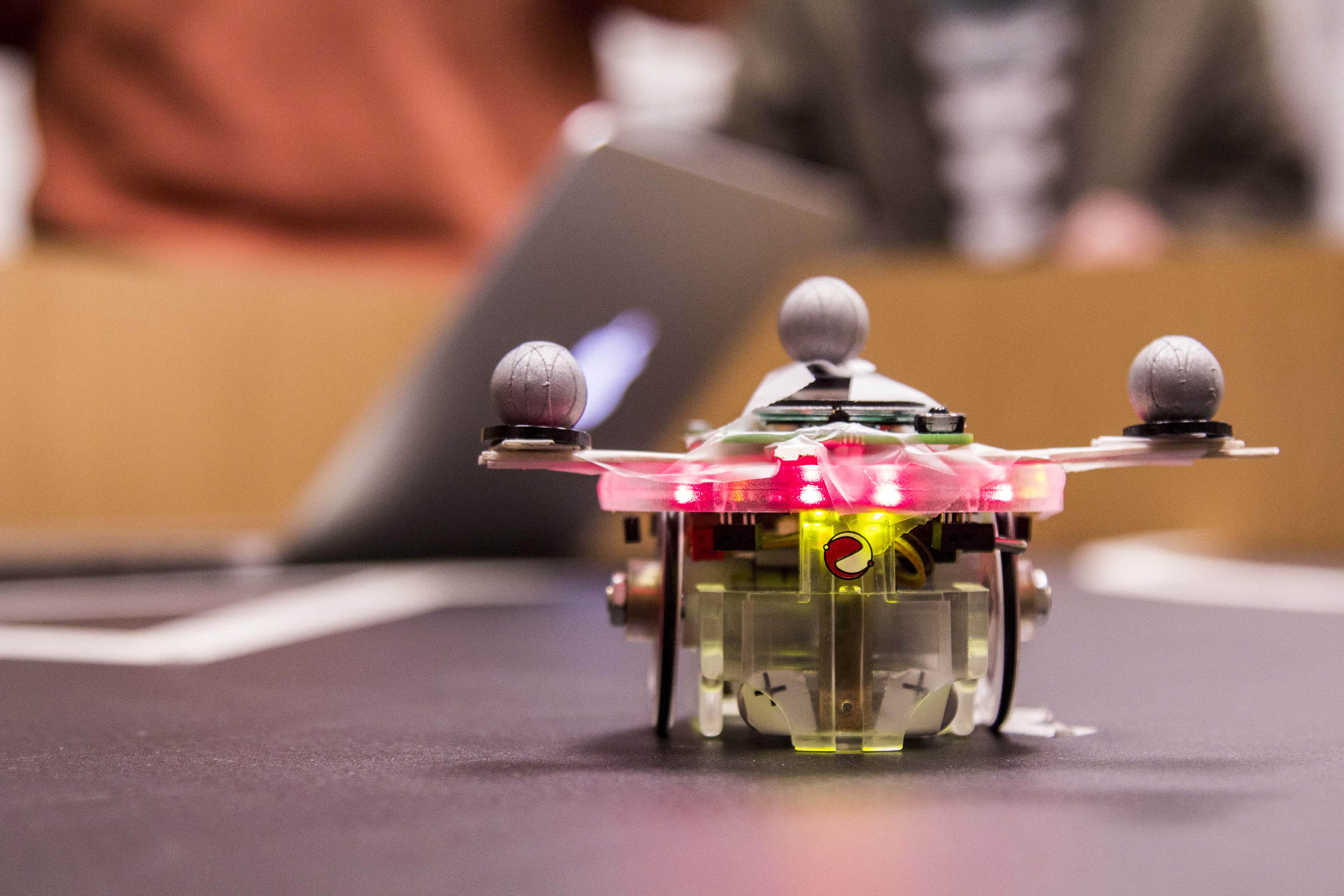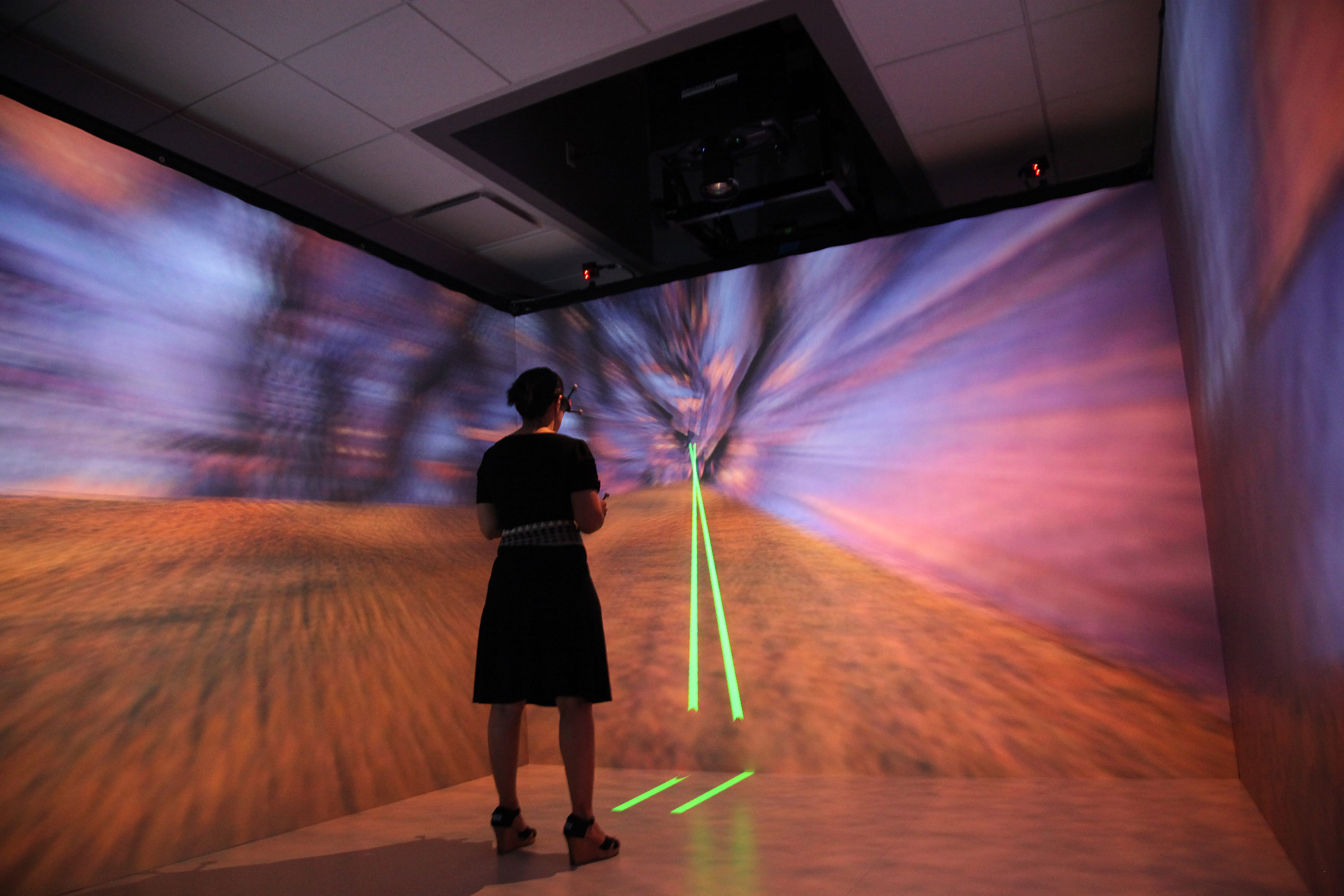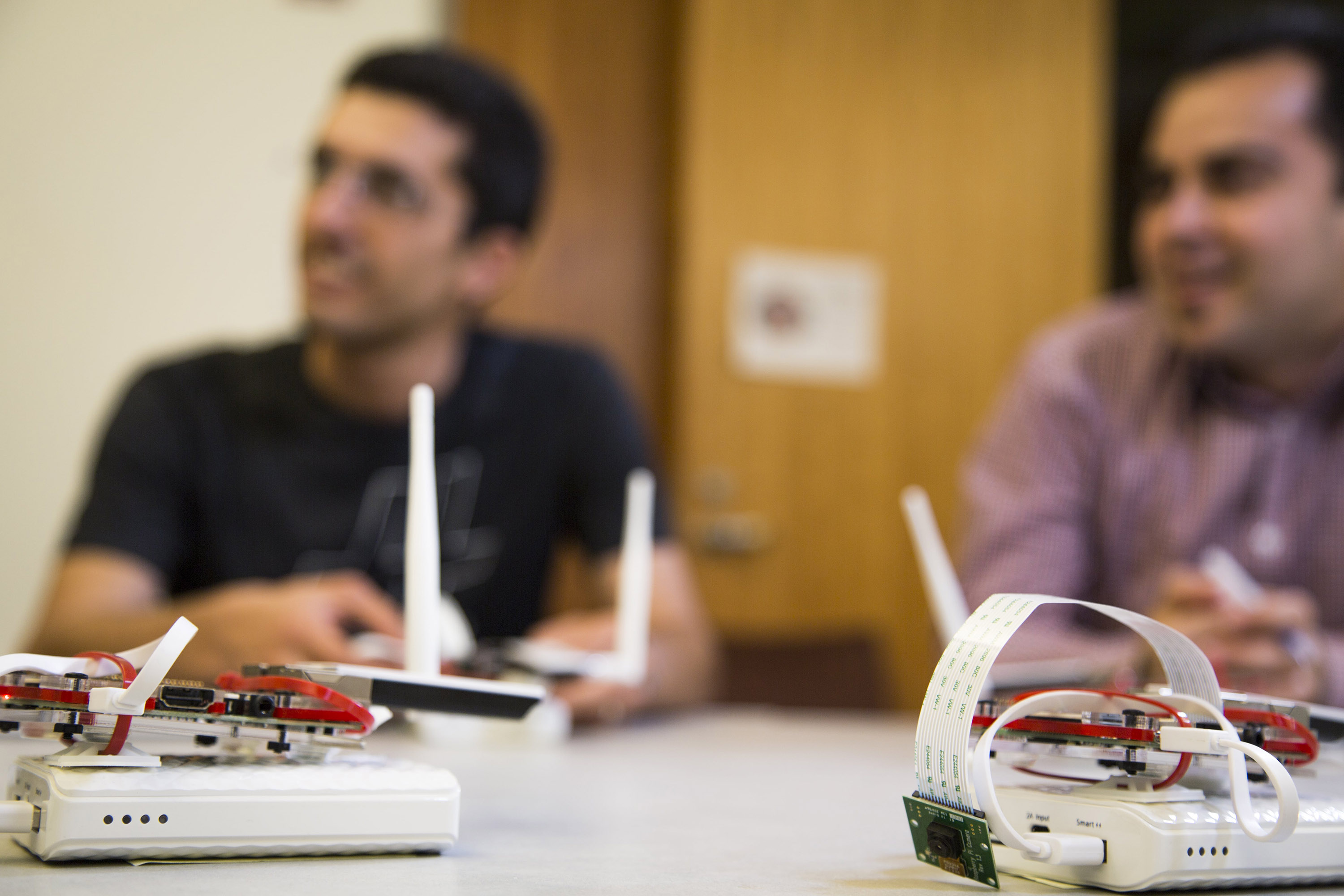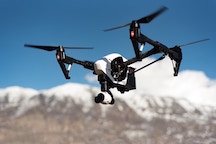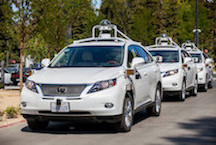Research
The mission of CPSRC is to promote and conduct collaborative research activities on cyber-physical systems that are usable, autonomous, and secure. Research at CPSRC focuses on three primary areas: autonomous systems, human sensing, and interconnected things. The center also serves as the umbrella for three clusters, which conduct cutting edge research pertaining to Aerial Vehicles, Internet of Things, and Self-Driving Cars.

